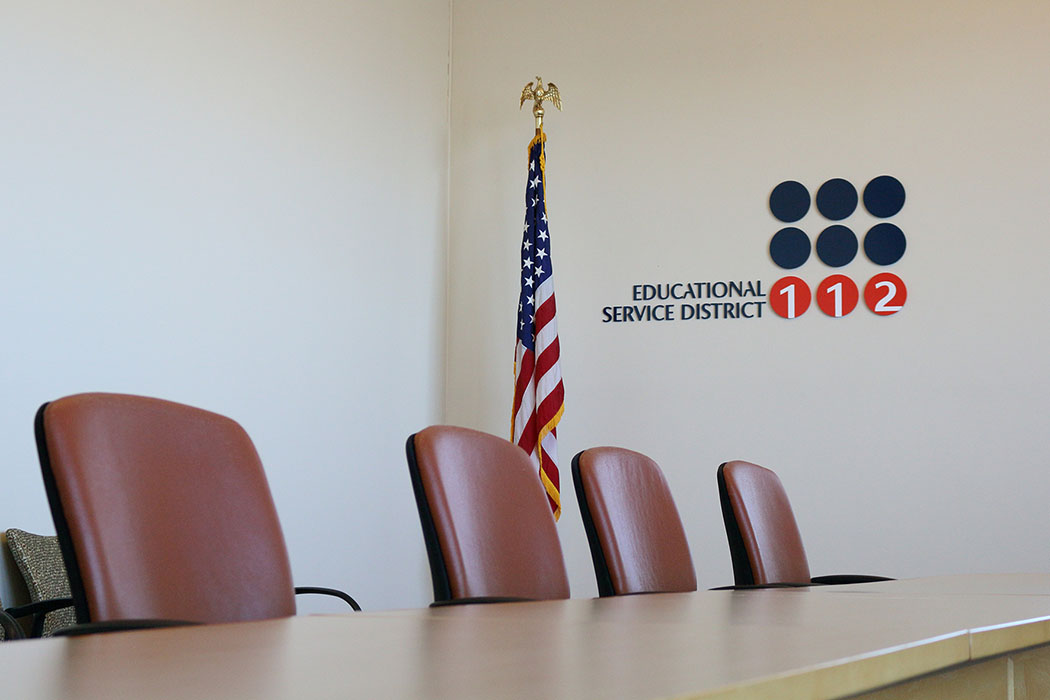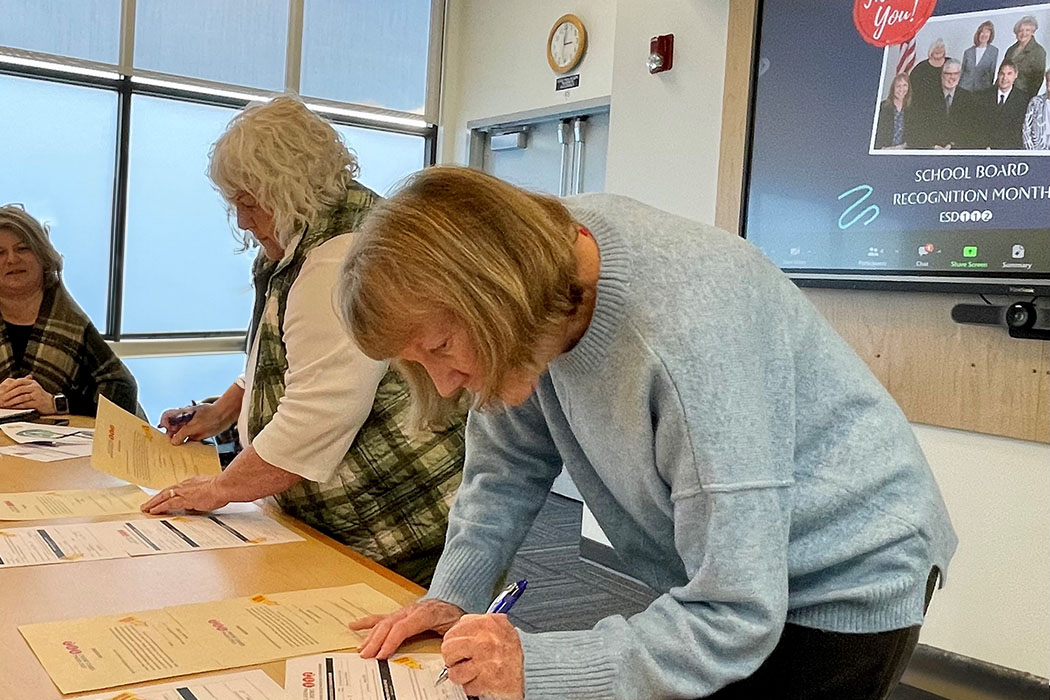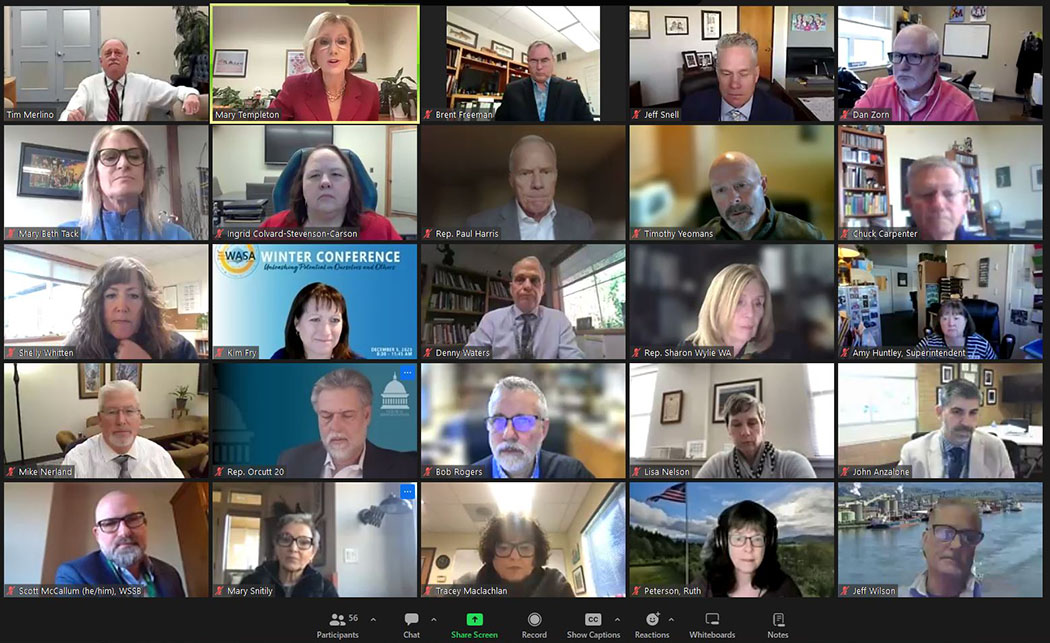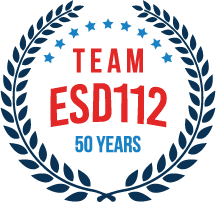2023–24 School Year COVID Information
The Washington State Department of Health (DOH) has released updated guidance for schools to follow during the 2023-24 school year
Health and Safety Requirements for the 2023-24 school year:
Many requirements from last school year are now recommended strategies in the updated Guidance to Prevent and Respond to COVID-19 in K-12 Schools and Child Cares. The Department of Health will continue to provide COVID-19 prevention and control guidance based on existing science, strategies, and the most recent health recommendations, to protect school and child care communities and reduce COVID-19 transmission and outbreaks. All schools and child cares should establish a core set of infectious disease prevention strategies as part of everyday operations. Additional disease prevention strategies may be needed if there is a COVID-19 outbreak, an increase in individuals with COVID-19, or high absenteeism due to respiratory illness in a school or child care. Schools will continue to be required to report test results from tests administered by the school, per the COVID-19 Point-of-Care Test Reporting for K-12 Schools.
- Schools and child cares will continue to be required to report any outbreaks or suspect outbreaks of COVID-19 to their LHJ.
- The updated guidance includes a new section with considerations for flu, RSV, and other respiratory illnesses.
- K-12 schools and child cares should consider additional strategies during outbreaks or when there is high absenteeism due to respiratory illness. Recommended mitigation strategies are described in detail in the Guidance to Prevent and Respond to COVID-19 in K-12 Schools and Child Cares and can include masking, improving ventilation, and screening testing.
Employers are required to follow L&I requirements regarding COVID-19 in the workplace.
Contact:
Corina McEntire
Comprehensive School Safety-Public Health Coordinator
Upcoming Classes
Get Social with Us






 ESD 112 equalizes educational opportunities for learning communities through innovative partnerships, responsive leadership, and exceptional programs.
ESD 112 equalizes educational opportunities for learning communities through innovative partnerships, responsive leadership, and exceptional programs.